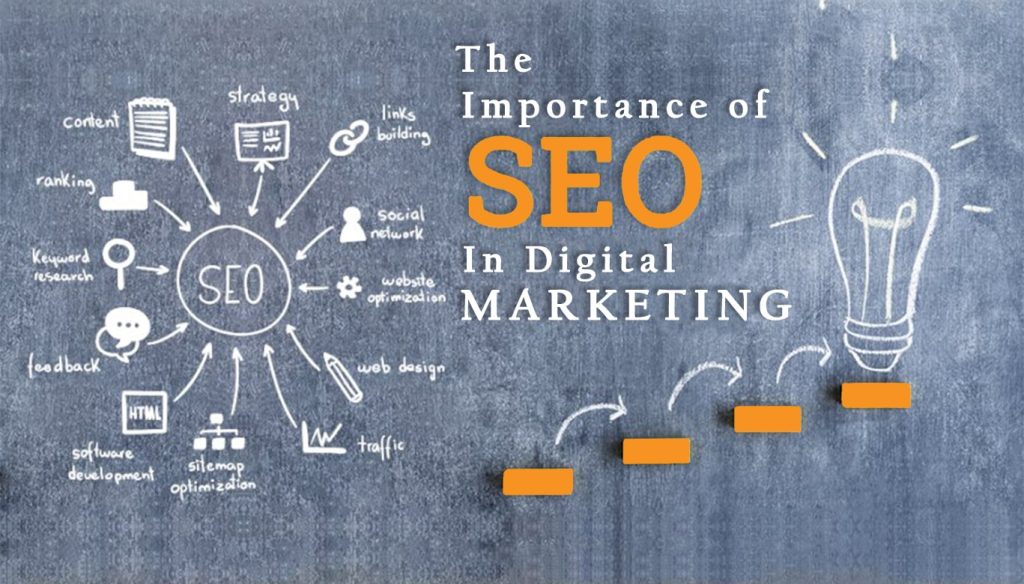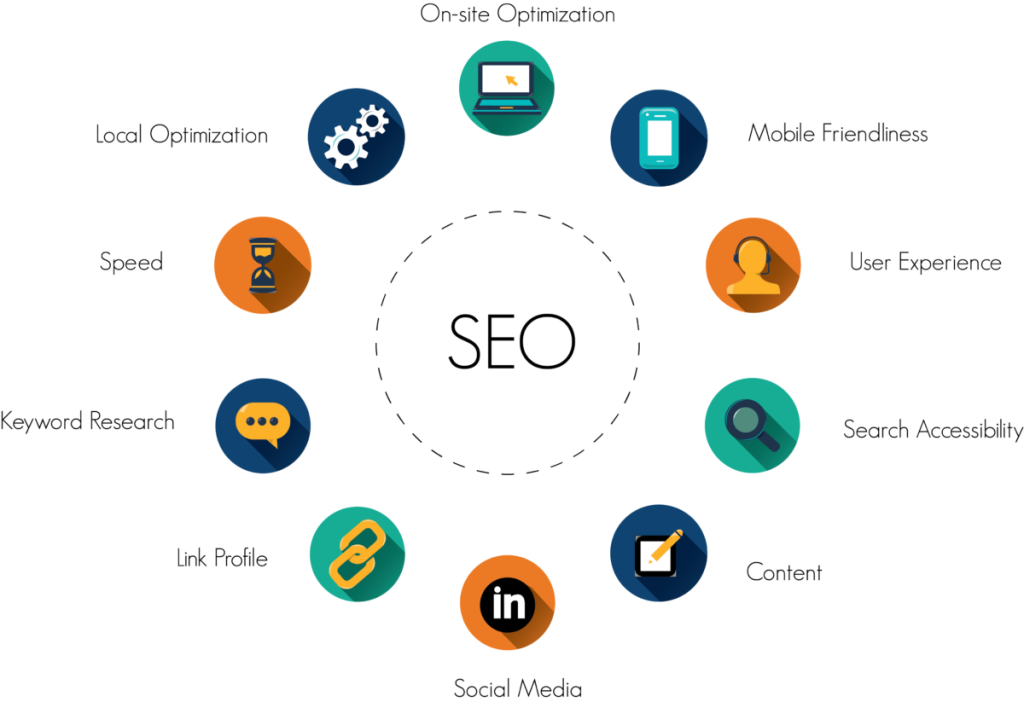Launch Targeted Campaigns Using Data-Driven SEO Digital Marketing Frameworks
Launching targeted campaigns using data-driven SEO digital marketing frameworks involves a strategic, analytical approach to improving online visibility, attracting the right audience, and driving conversions. At the heart of this strategy is the integration of SEO with advanced data analytics, enabling marketers to create personalized and optimized campaigns that resonate with specific customer segments. The first step in creating a data-driven SEO digital marketing framework is gathering and analyzing data. This starts with understanding your audience through robust data collection tools like Google Analytics, SEMrush, and Ahrefs. These tools provide insights into search behavior, user intent, demographics, and preferences. By analyzing keywords, user queries, and search trends, marketers can identify high-value keywords that align with customer interests and the business’s goals. This data allows marketers to focus on the most relevant keywords that drive organic traffic and target audiences with precision.

Once you have gathered the necessary data, the next phase is optimizing the website and content for SEO. Keyword research plays a crucial role in this process. Marketers need to identify the most searched and relevant terms within their industry and tailor content accordingly. By optimizing web pages, blog posts, and other forms of content, businesses can rank higher on search engines and appear more frequently in the search results. It is important to incorporate these keywords naturally and strategically into titles, headers, meta descriptions, and body content, ensuring that search engines understand the page’s relevance to users’ queries. On-page SEO is just one component of a data-driven SEO framework. Off-page SEO china ecommerce agency, such as link-building, also contributes to the effectiveness of your campaign. By tracking backlinks and understanding where authoritative sites are linking from, marketers can identify opportunities to acquire high-quality backlinks that improve site authority and search rankings. Data-driven link-building strategies include outreach efforts, guest blogging, and leveraging industry partnerships, all of which are vital for improving SEO performance.
Another essential aspect of targeted campaigns is personalization. Data analytics allows marketers to create personalized content that appeals to specific audience segments. By segmenting audiences based on behavior, interests, and demographics, businesses can tailor messaging and offerings to match the unique needs of each group. For example, data-driven insights can help create specific landing pages for different personas, ensuring that content speaks directly to the audience’s pain points and interests, increasing the likelihood of conversion. Analyzing campaign performance in real-time is another advantage of using a data-driven SEO framework. With access to detailed analytics, marketers can continuously measure key performance indicators KPIs such as organic traffic, bounce rates, time on page, and conversion rates. These metrics provide insights into how well the campaign is performing and whether adjustments need to be made. This ongoing optimization ensures that campaigns remain effective and aligned with the business’s goals, and it allows marketers to pivot quickly in response to changing market conditions.






